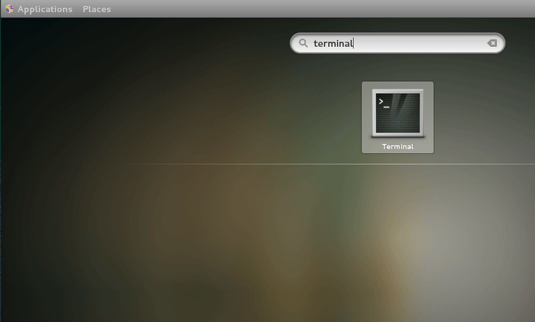Jupyter Notebook CentOS Installation Guide
[ad_slider autoplay=”true” interval=”8″ count=”5″]
How to Install Jupyter Notebook IDE on CentOS 6.x/7.x/8.x/8-Stream/9-Stream/10-Stream 64-bit GNU/Linux – Step by step Tutorial.
So Jupyter Notebook for CentOS is an Open-Source Web Application that allows you to Create and Share Documents that contain Live Code, Equations, Visualizations and Narrative Text.
Moreover, Jupyter Notebook Uses include: Data Cleaning and Transformation, Numerical Simulation, Statistical Modeling, Data Visualization, Machine Learning, and much more.
And a “Notebook” is a kind of Document that contain both Code and Rich Text Elements, such as Figures, Links, Equations,…
Especially relevant: this Setup instead of the default PIP make use of the Anaconda Python Suite, that include a collection of pre-installed scientific computing Libraries and Tools.
Finally, this guide includes instructions on How to Getting Started with Jupyter Notebook on CentOS Linux.

The Main Jupyter Notebook Features are:
- Language of Choice: 40 programming language including Python, R, Julia and Scala.
- Share Notebooks: by eMail, DropBox, GitHub and Jupyter Notebook Viewer.
- Interactive Output: like HTML, Images, Videos, LaTeX, and Custom MIME types.
- Big Data Integration: Leverage big data tools, such as Apache Spark, from Python, R and Scala. Explore that same data with pandas, scikit-learn, ggplot2, TensorFlow.
-
1. Launching Terminal
Open a Terminal Shell emulator window
(Press “Enter” to Execute Commands)
[ad_slider autoplay=”true” interval=”8″ count=”5″]
Contents